The Evolution of Computing: From Giant Computers to Mini PCs
Discover the captivating journey of computing, from massive room-filling machines to the sleek and powerful mini PCs that can fit in the palm of your hand. This article explores the remarkable evolution of computing technology, tracing the path from the world's first giant computer to the modern mini PCs that offer efficiency and portability.
1. Birth of Giant Computers:
Embark on the adventure that began in the 1940s with the birth of electronic computers. Witness the creation of the ENIAC in 1946, a colossal machine that occupied entire rooms. This behemoth weighed 30 tons, consumed copious amounts of electricity, and possessed limited processing capabilities. Initially developed for scientific calculations and military purposes, these early computers paved the way for future advancements.

2. Mainframes and Minicomputers:
Experience the revolution of the 1950s and 1960s with the emergence of mainframes and minicomputers. Mainframes, designed for large organizations, catered to their extensive computing needs, while minicomputers provided smaller and more affordable alternatives for mid-sized businesses. These systems introduced batch processing and became the backbone of data centers.

3. Transition to Personal Computers:
Witness a significant shift in the 1970s as personal computers (PCs) became a reality. Discover how companies like Apple and IBM empowered individuals by bringing computing power into their homes and offices. Although early PCs were still relatively bulky and required substantial desk space, they paved the way for a new era of personal computing.

4. Rise of Desktop Computers:
Immerse yourself in the 1980s, a decade marked by rapid advancements in computing technology. Witness the transformation as computers became more compact, and graphical user interfaces (GUI) revolutionized the user experience. Desktop computers redefined home and office computing, seamlessly combining processing power, storage, and user-friendly interfaces.

5. Laptops and Portability:
Enter the transformative era of the 1990s when portable laptops took center stage. Delve into the power and convenience of laptops, offering users the advantages of desktop computers in a compact form. Witness how the advent of laptops empowered professionals and students to work on the go, revolutionizing the way people interacted with computers. Experience the continuous evolution of laptops, becoming lighter, thinner, and more powerful.

6. Transformation to Mini PCs:
Discover the late 1990s when mini PCs emerged, revolutionizing the computing landscape. Explore these small form factor computers, sometimes referred to as "nettops," designed for basic tasks like internet browsing and word processing. Although initially less powerful than desktops and laptops, they offered a compact size and low power consumption.

7. Intel's Next Unit of Computing (NUC):
Uncover a breakthrough in the early 2010s with Intel's Next Unit of Computing (NUC) initiative, propelling mini PCs to new heights. Witness the standardization of form factor and components, resulting in improved performance and compact design. Mini PCs now boasted impressive features like powerful processors, ample memory, and dedicated graphics cards.

8. Advancements and Applications:
Discover the present-day mini PCs, evolved into powerful machines capable of handling demanding tasks. Explore their applications in various domains, including gaming, home theaters, and professional settings. With expandable storage options, external graphics card compatibility, and a wide range of connectivity choices, mini PCs offer a perfect balance of performance and portability.

From the giant computers of the past to the compact, versatile mini PCs of today, witness the incredible transformation of computing. Technological advancements have led to smaller, more powerful, and portable computers. Mini PCs now provide a convenient and efficient computing solution that caters to the needs of a wide range of users, revolutionizing the way we work, play, and interact with technology. Join the revolution and explore our exceptional mini PCs today.
Author: Claire Yuan




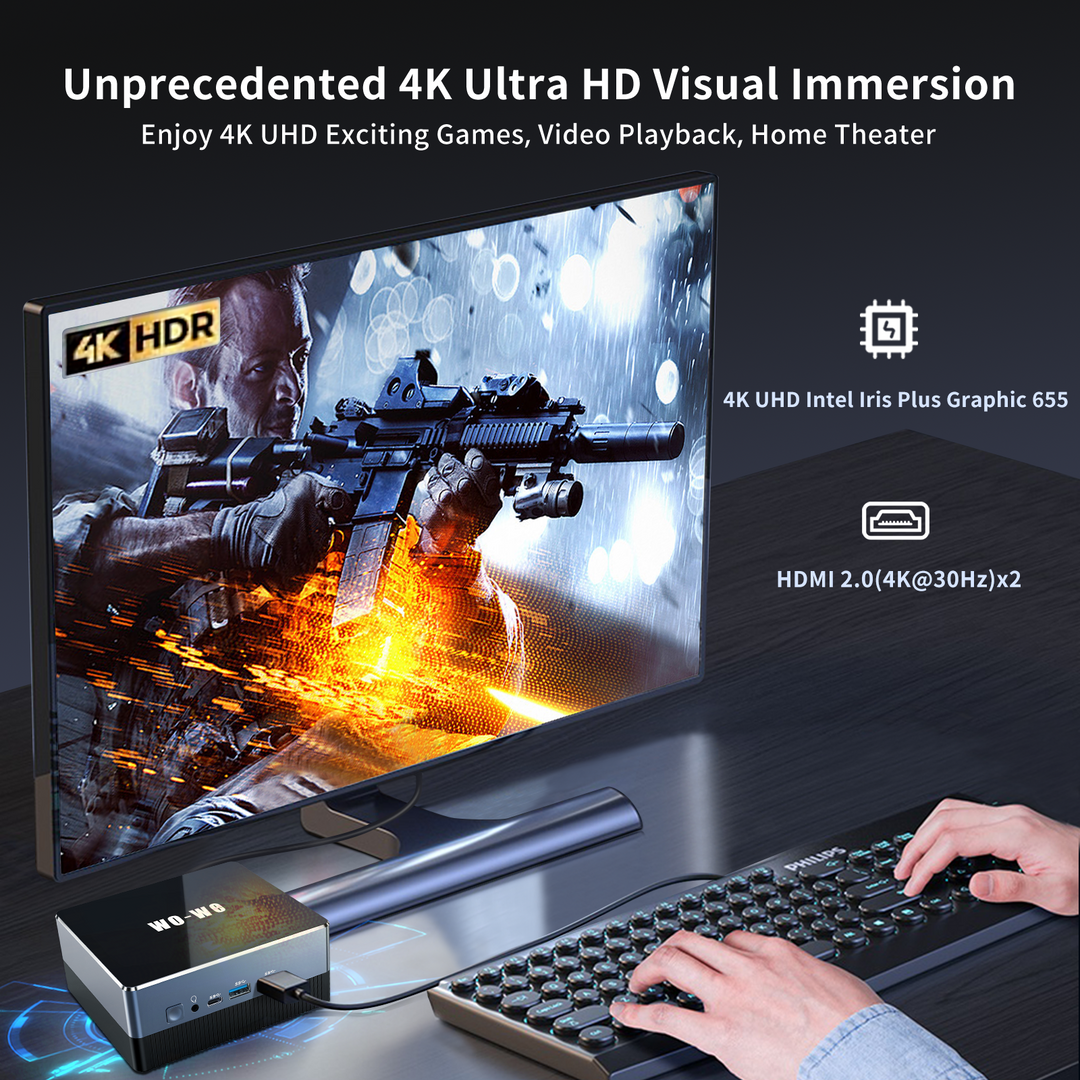
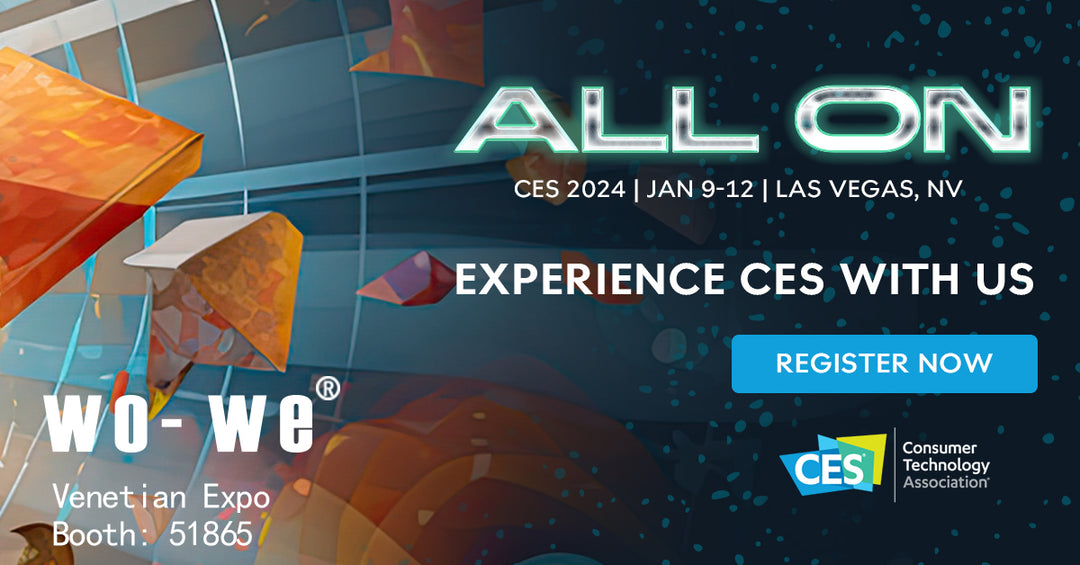
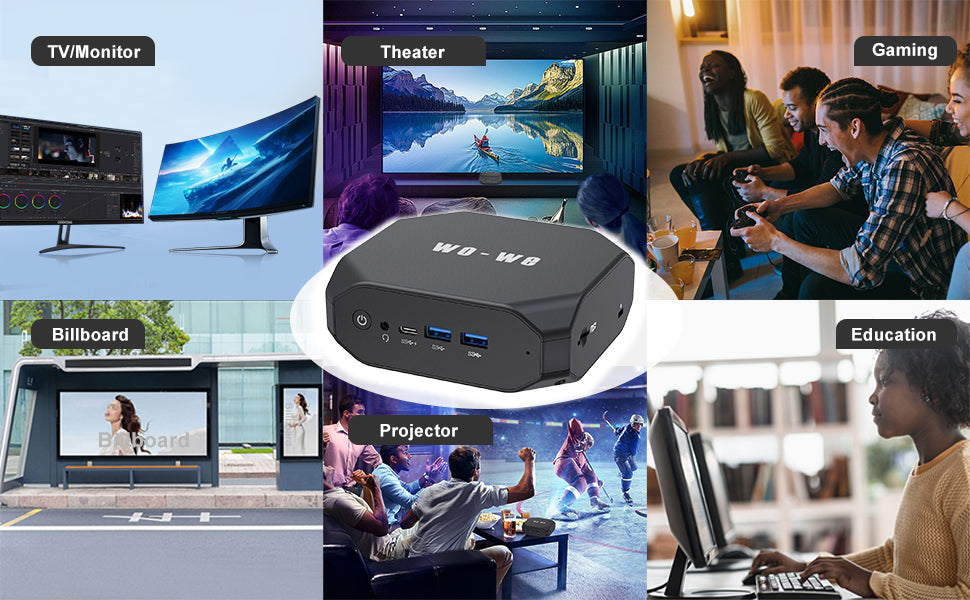


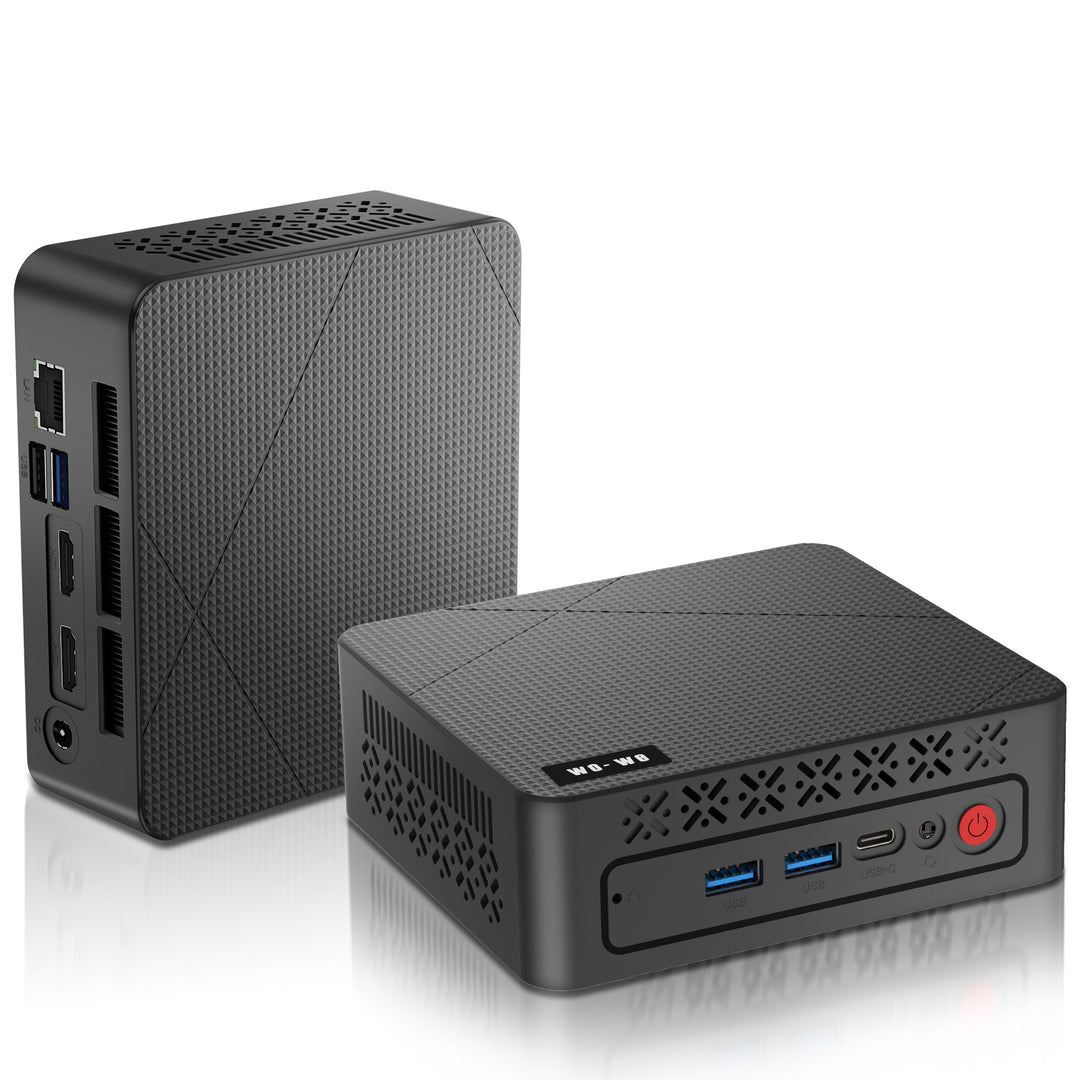
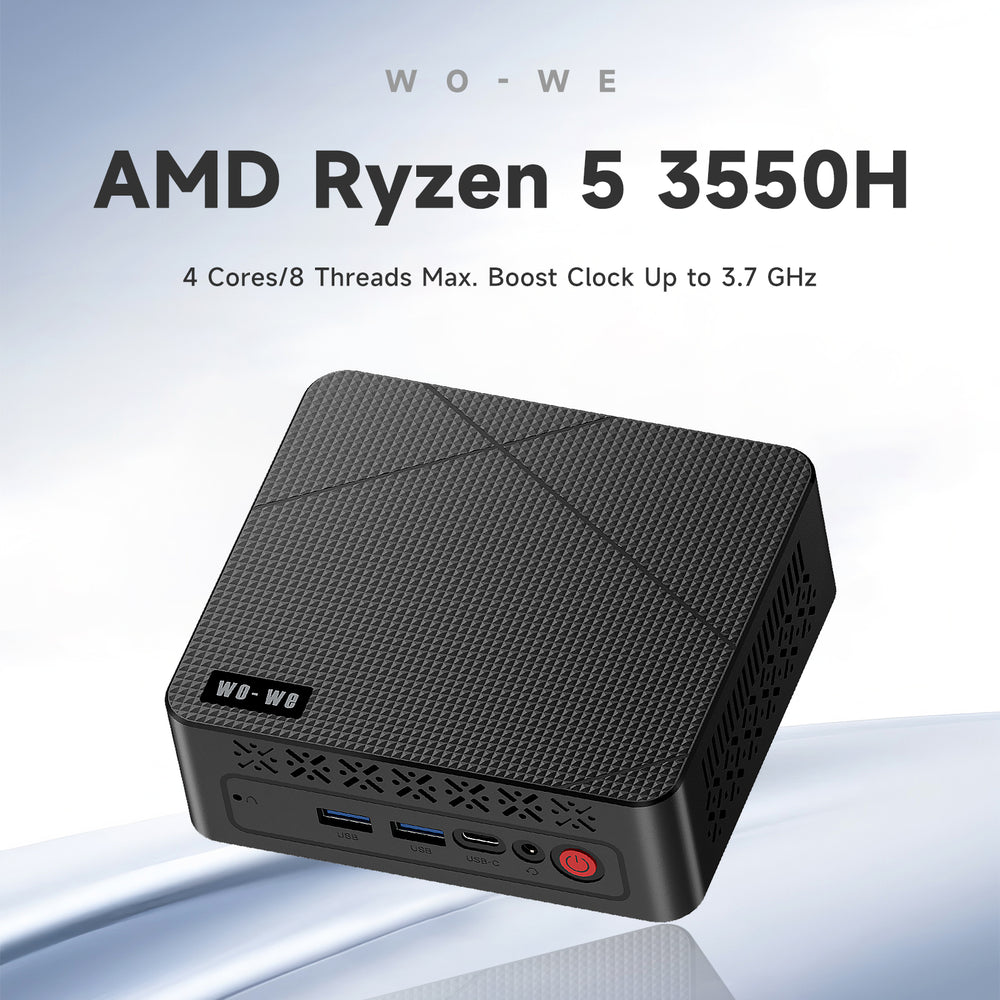
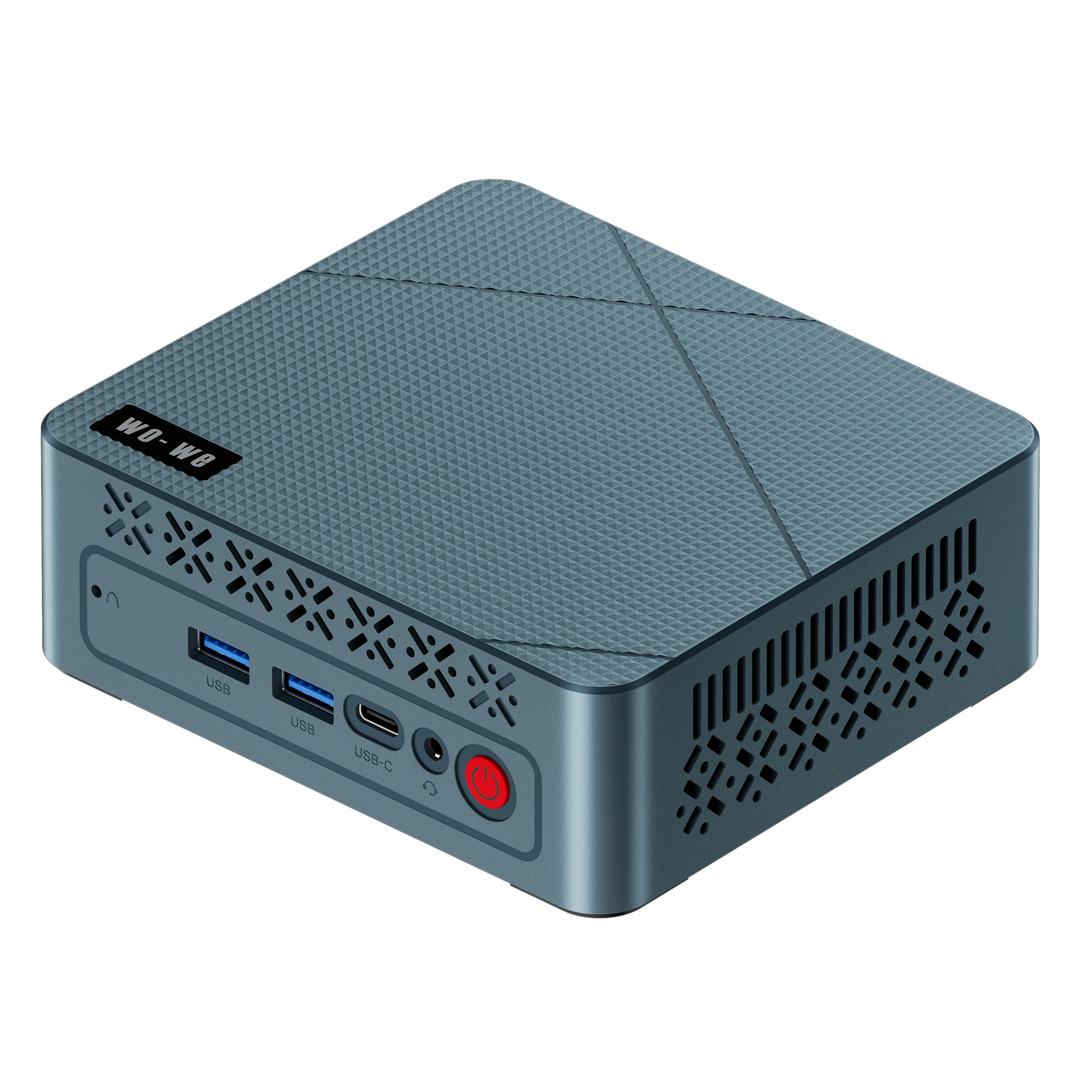
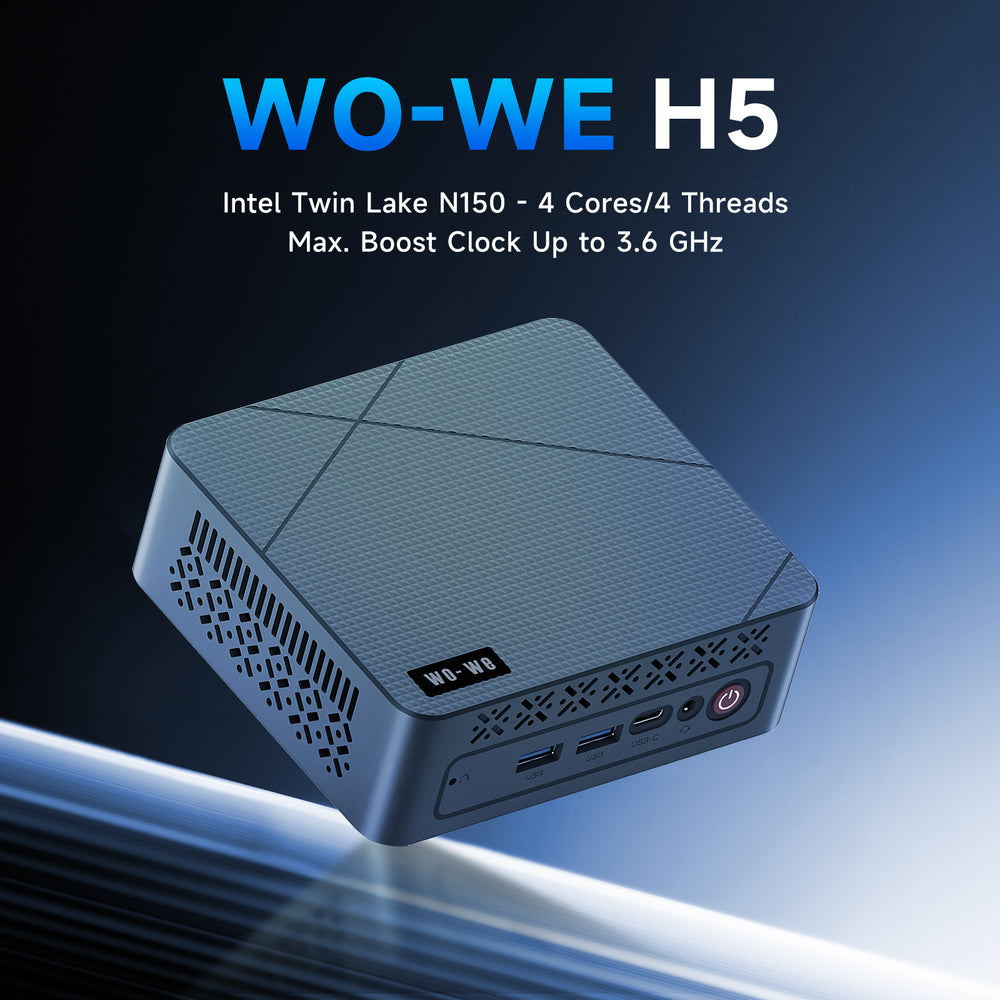
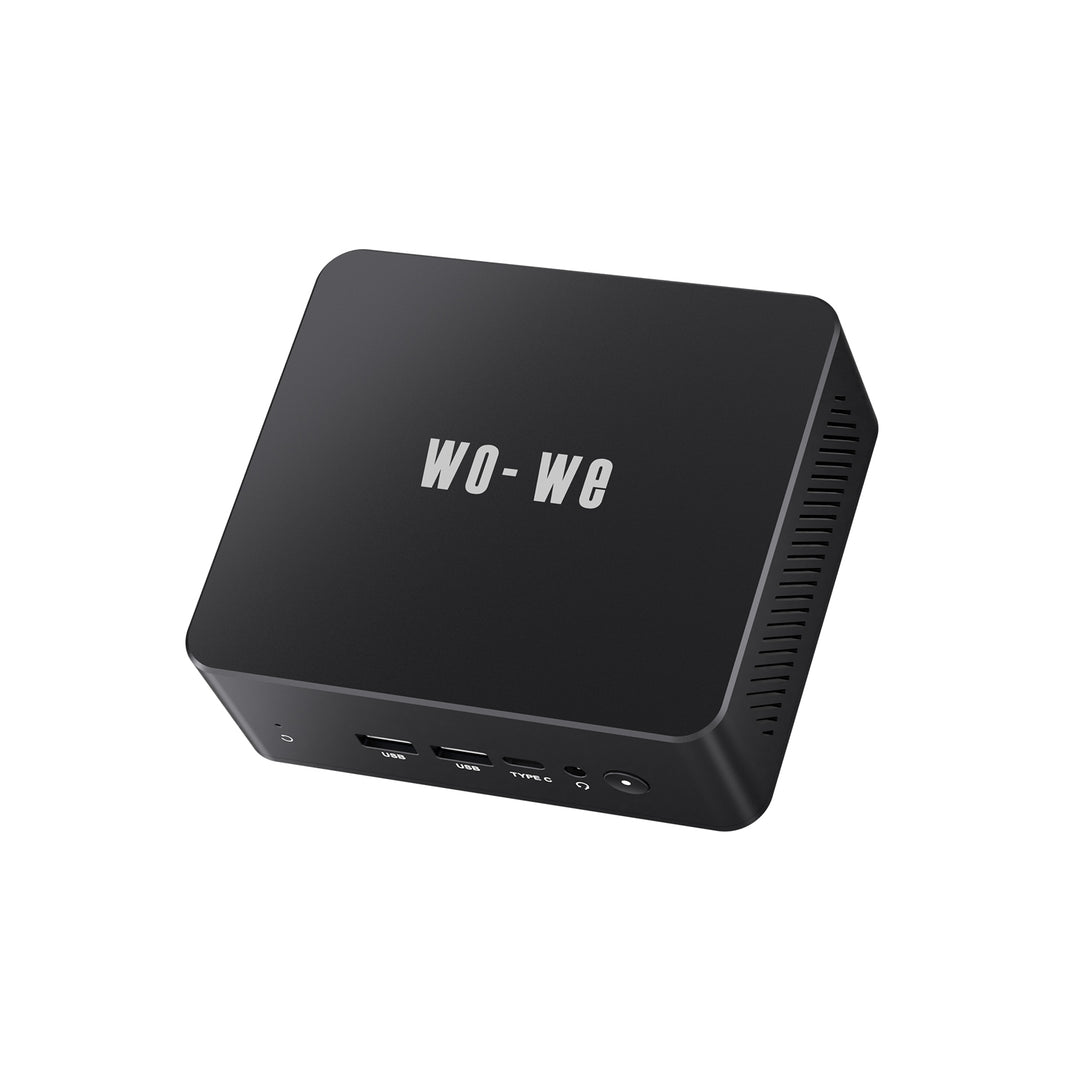
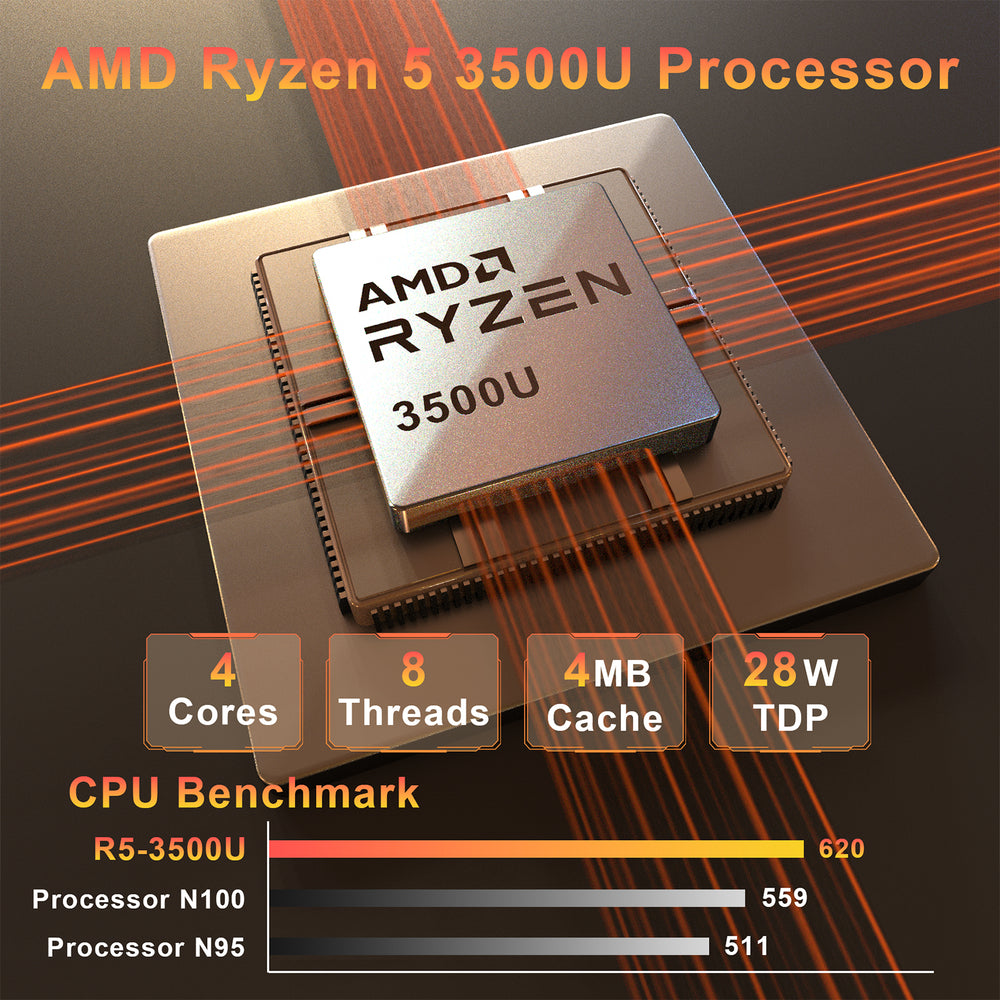
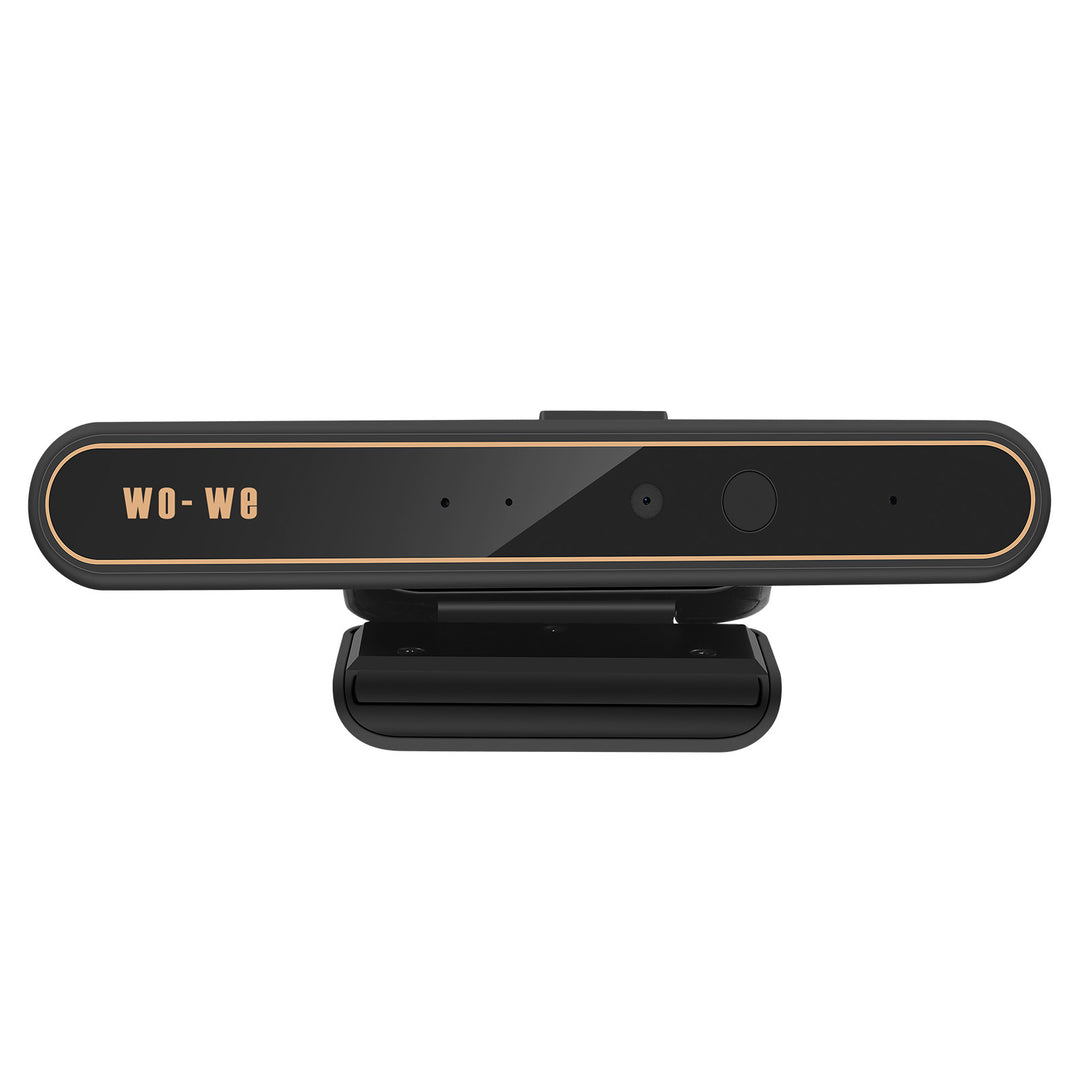
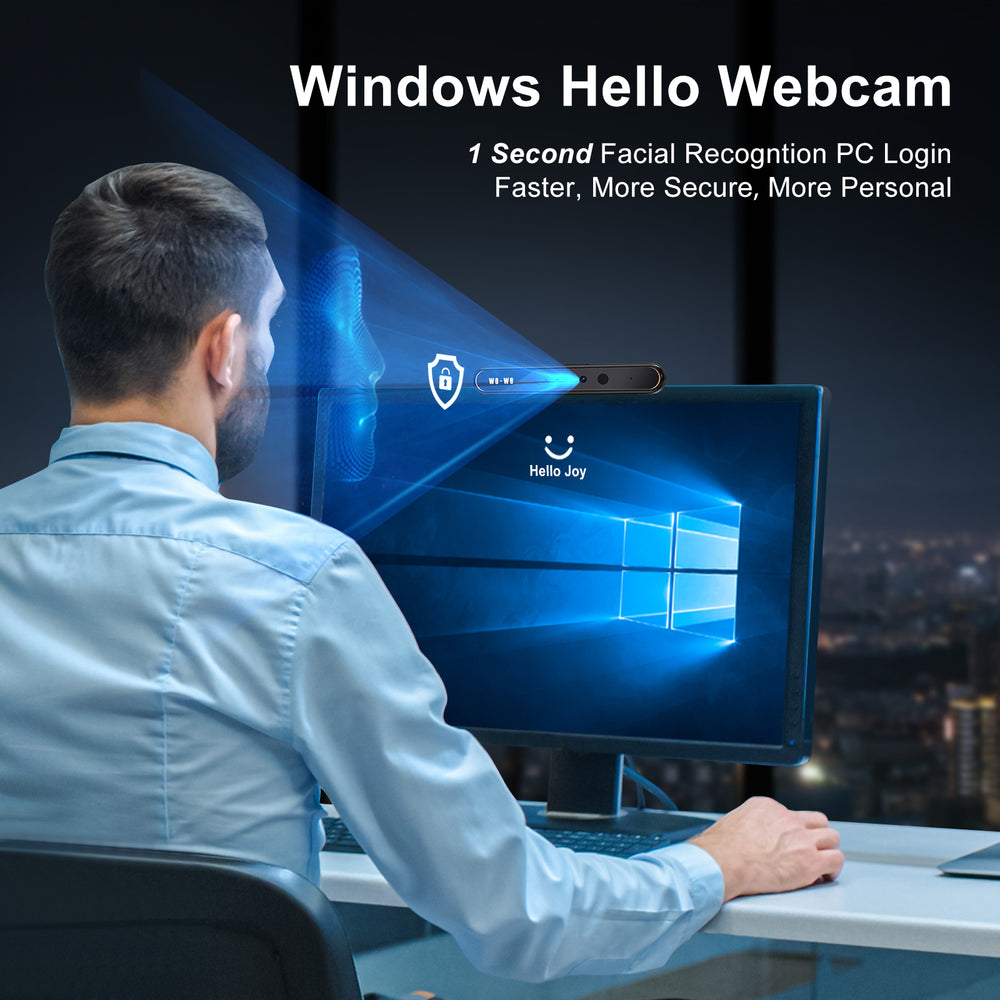
Leave a comment